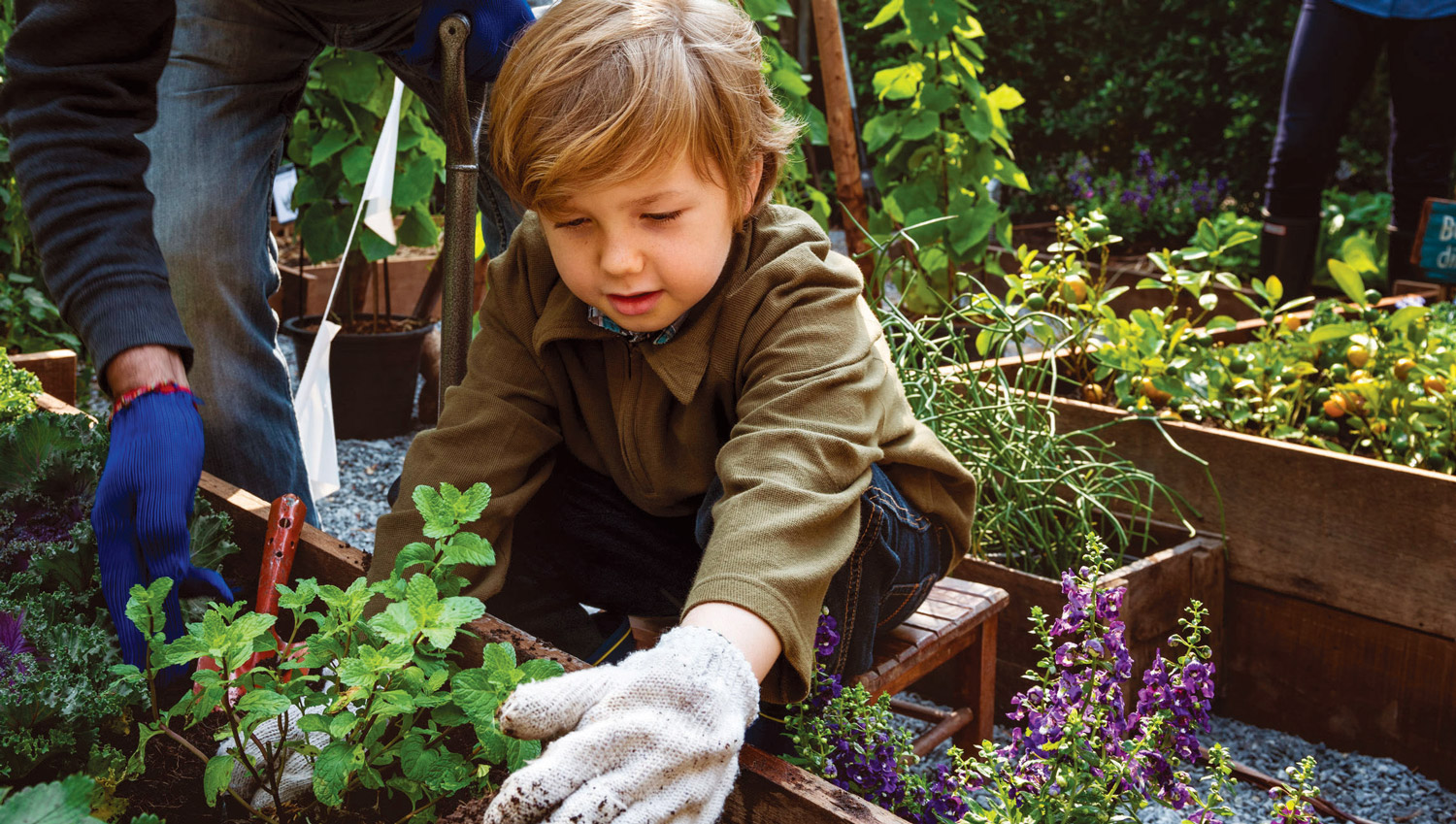What's Missing from Modern Curriculum Might be You
WHILE HUMANS HAVE an insatiable appetite for acquiring and accumulating stuff, it’s strange that we’re rarely formally taught how to consume. Yet it’s one thing that we all do, from cradle to grave.
We live in an era when young people are navigating ever more intricate economic and food systems, and we’re still learning what impact our consumer choices will have on the future of both our species and the planet. I often wonder: Are we preparing children to make the right choices? We ensure that students will explore science, memorize mathematical theorems, utilize technology and appreciate Shakespeare, but consumer education isn’t a standard in most public school curricula.
For decades, “life skills” education in America has faced sharp budget cuts, if not complete elimination from schools. Where once we might have been taught “home economics” or “woodshop,” by now we’ve long relied upon convenient packaged foods in our diet—and we pay a price with our health and paychecks. The need for life skills courses never waned, and as a result, we now have a generation of adults wondering why they never learned basics like balancing a budget, buying a house or baking a loaf of bread.
Home economics programs have always aimed to apply scientific prowess to subjects like nutrition, education and environmental health. In the mid-1990s, in an effort to distance the profession from “homemaker” stereotypes, it was rebranded as Family and Consumer Sciences (FCS), creating a pivotal opportunity to infuse curricula with contemporary consumer education.
FCS is taught in every state (but not every school) in the country. School kids are now learning everything from financial management and animal husbandry to food preservation and basic culinary skills. Communities across America are collaborating to support educators who are using their passion for wholesome ingredients to meet the need for consumer education.
Wherever your passion and skill sets lie—whether textiles, finances, fermentation or a thousand other topics—classrooms and teachers can benefit from the practical skills you’re able to share. Volunteering in your local school garden, participating in career mentorship programs or providing entrepreneurship training can all make a difference in your community and children’s lives. The future of the sustainable food movement is in schools, but it’s up to all of us to get involved.
Learn more at SeedLifeSkills.org.




